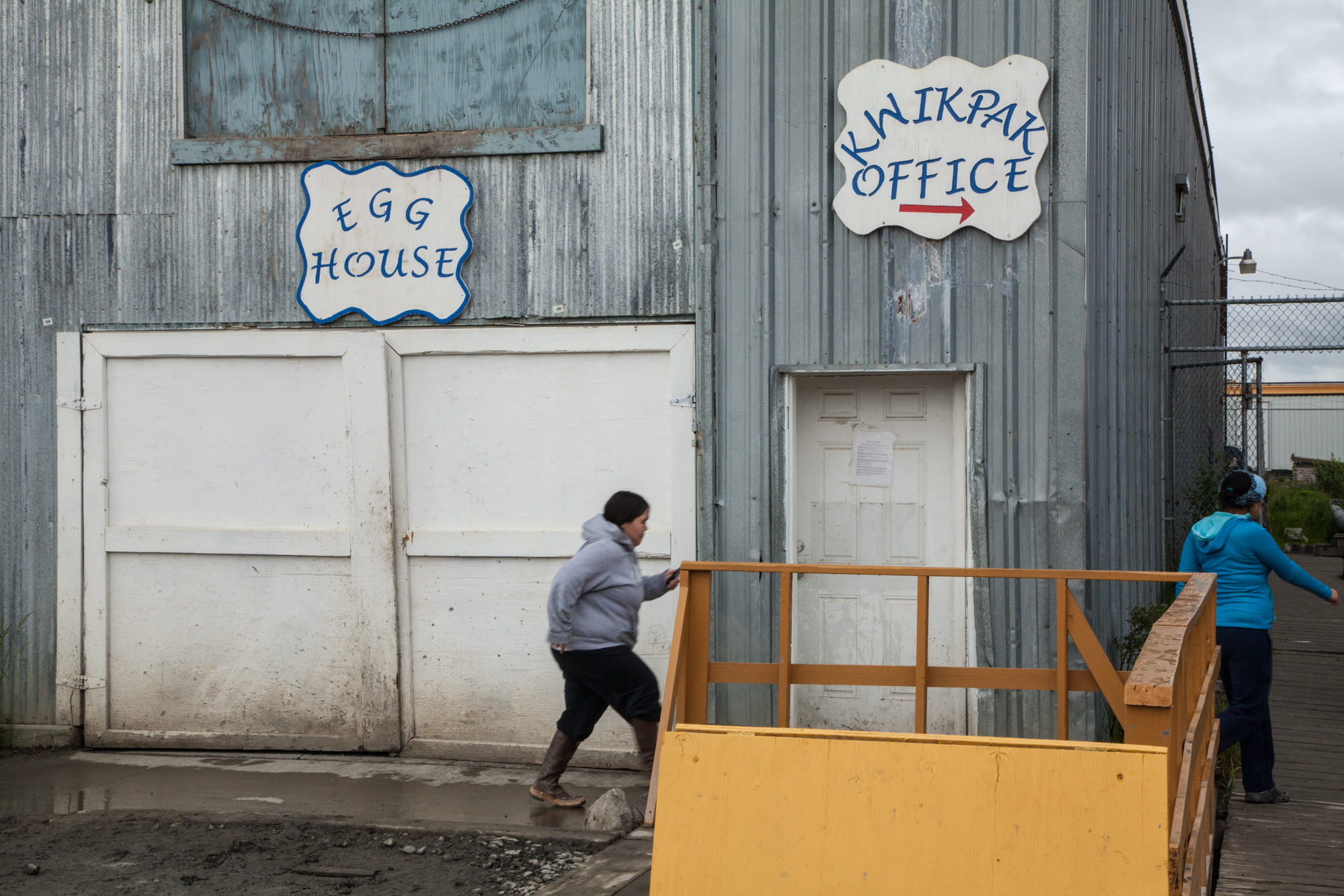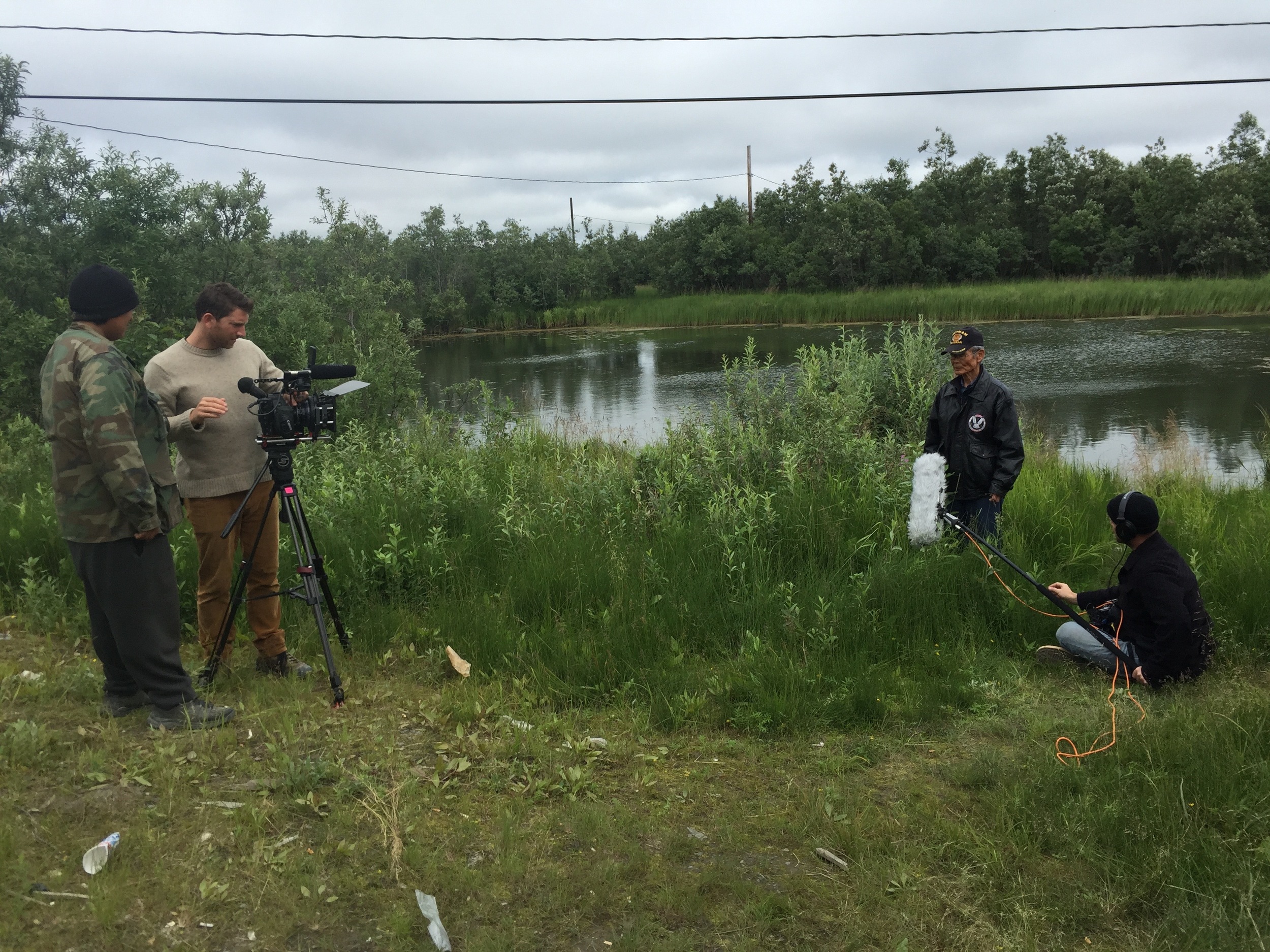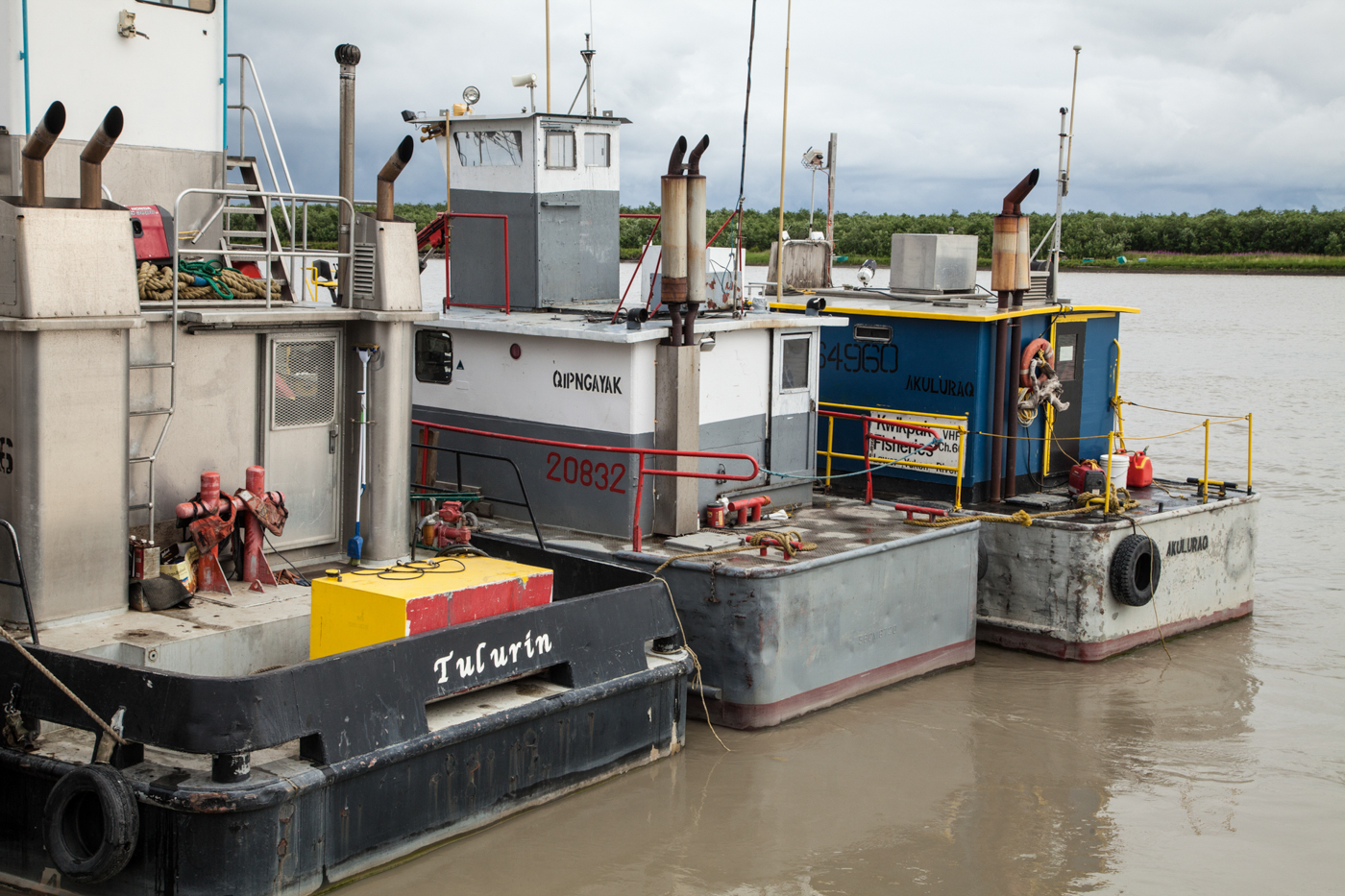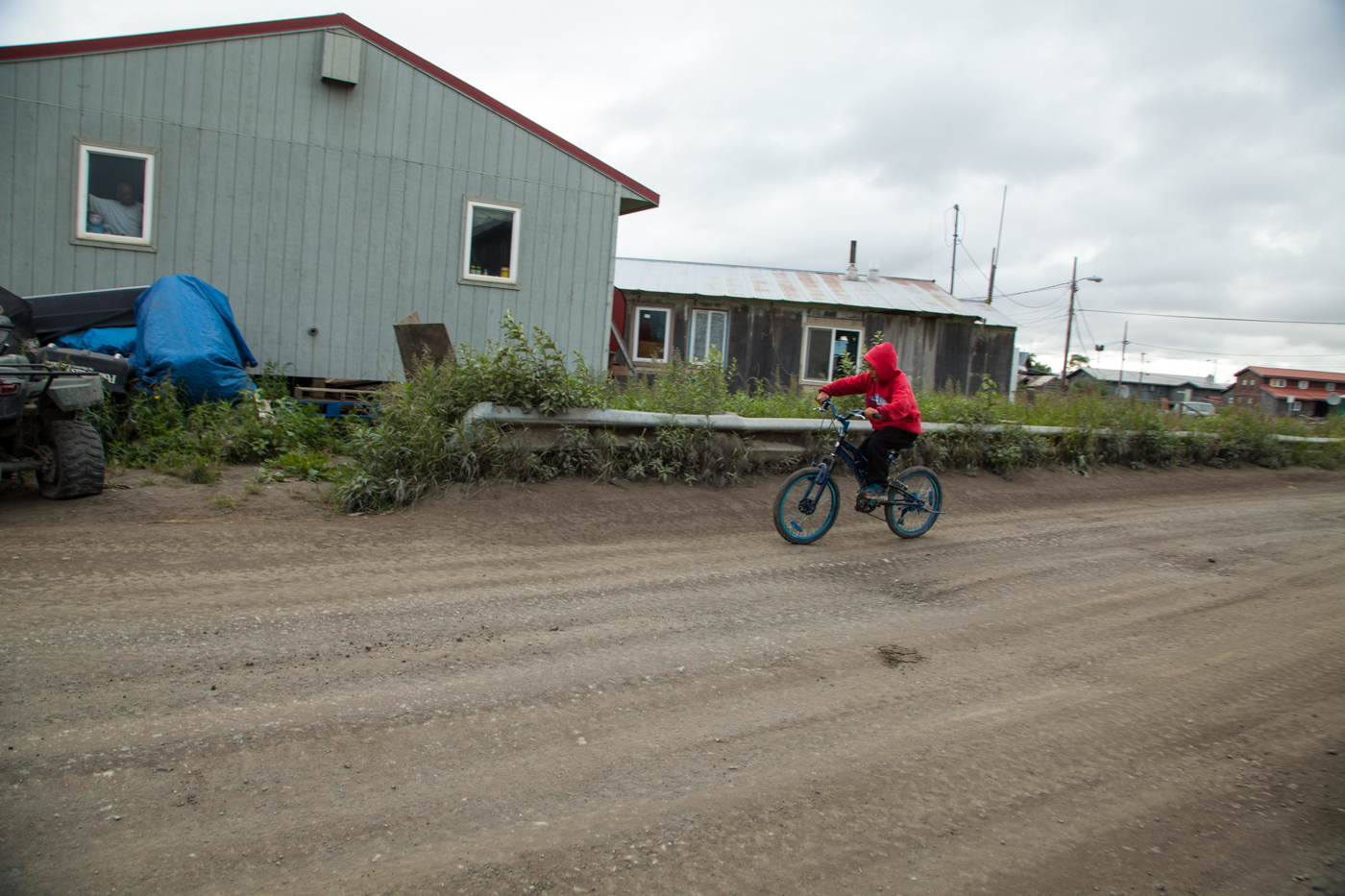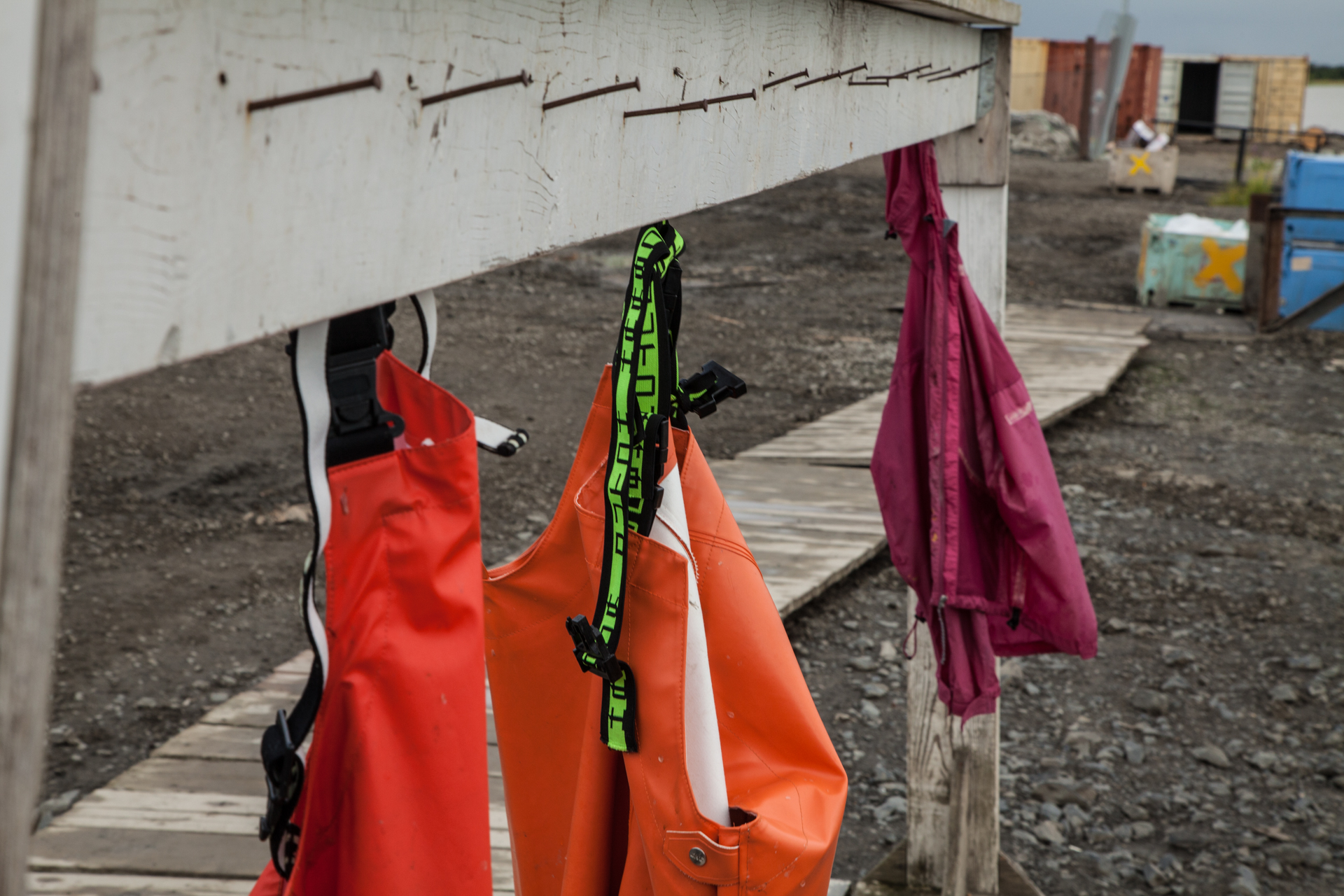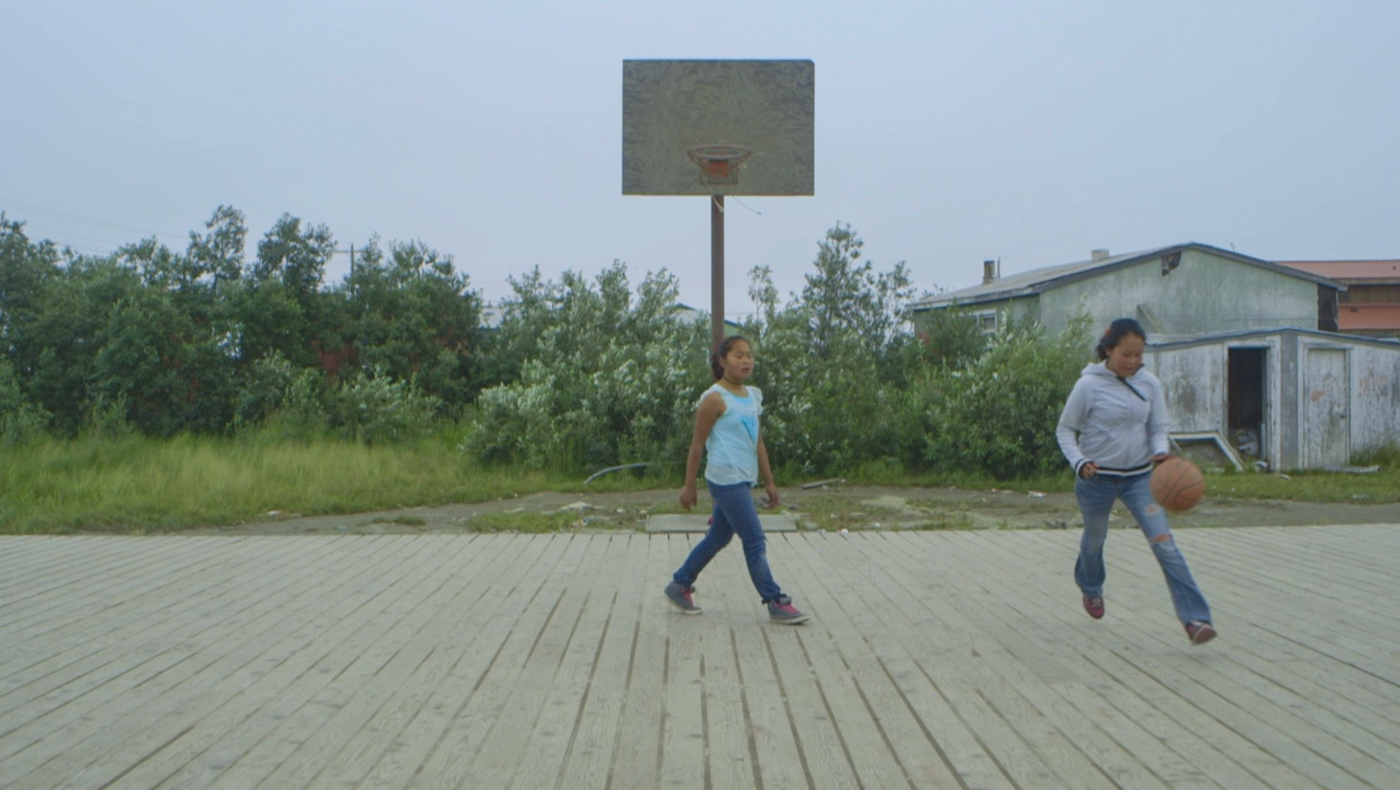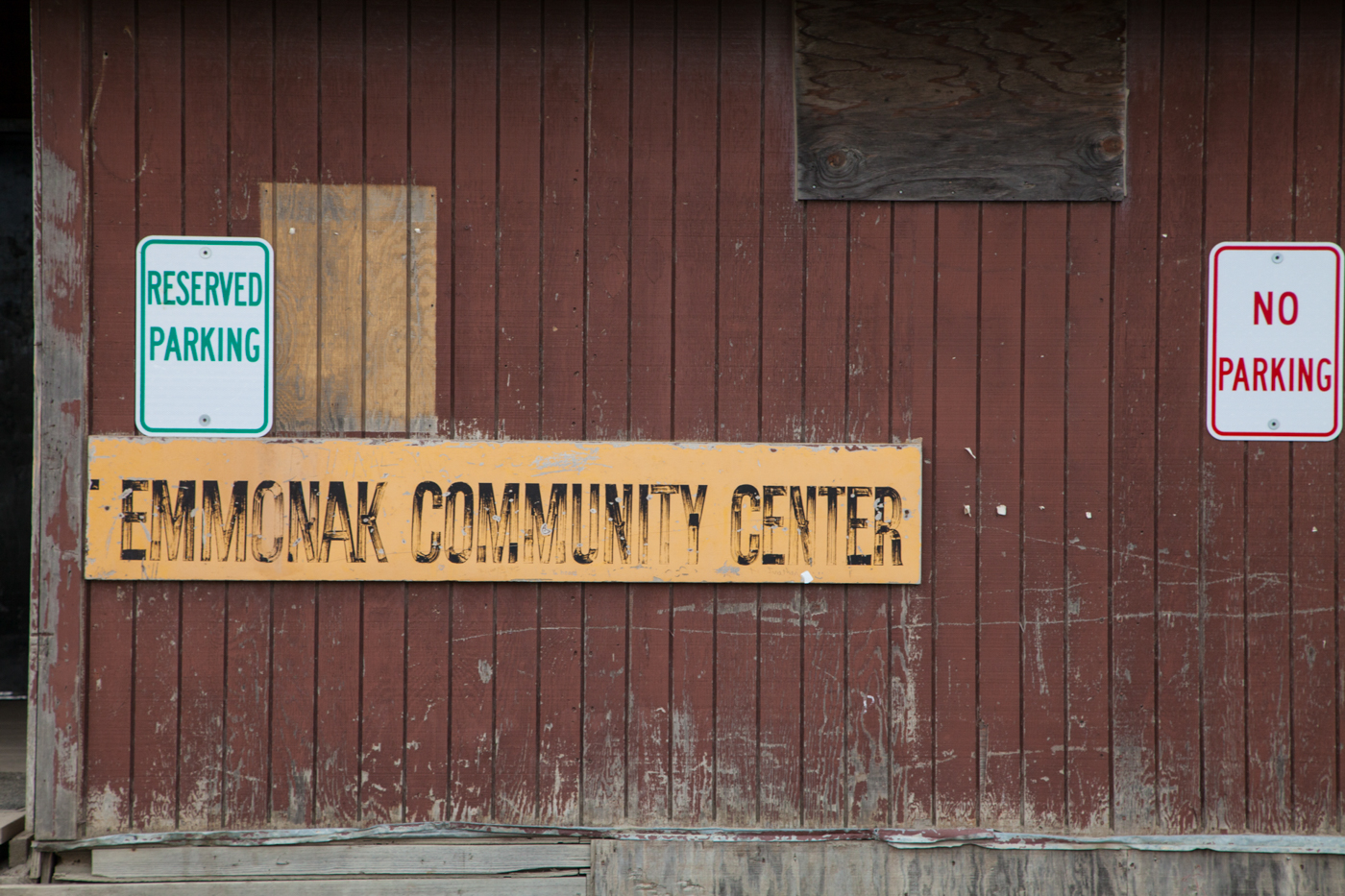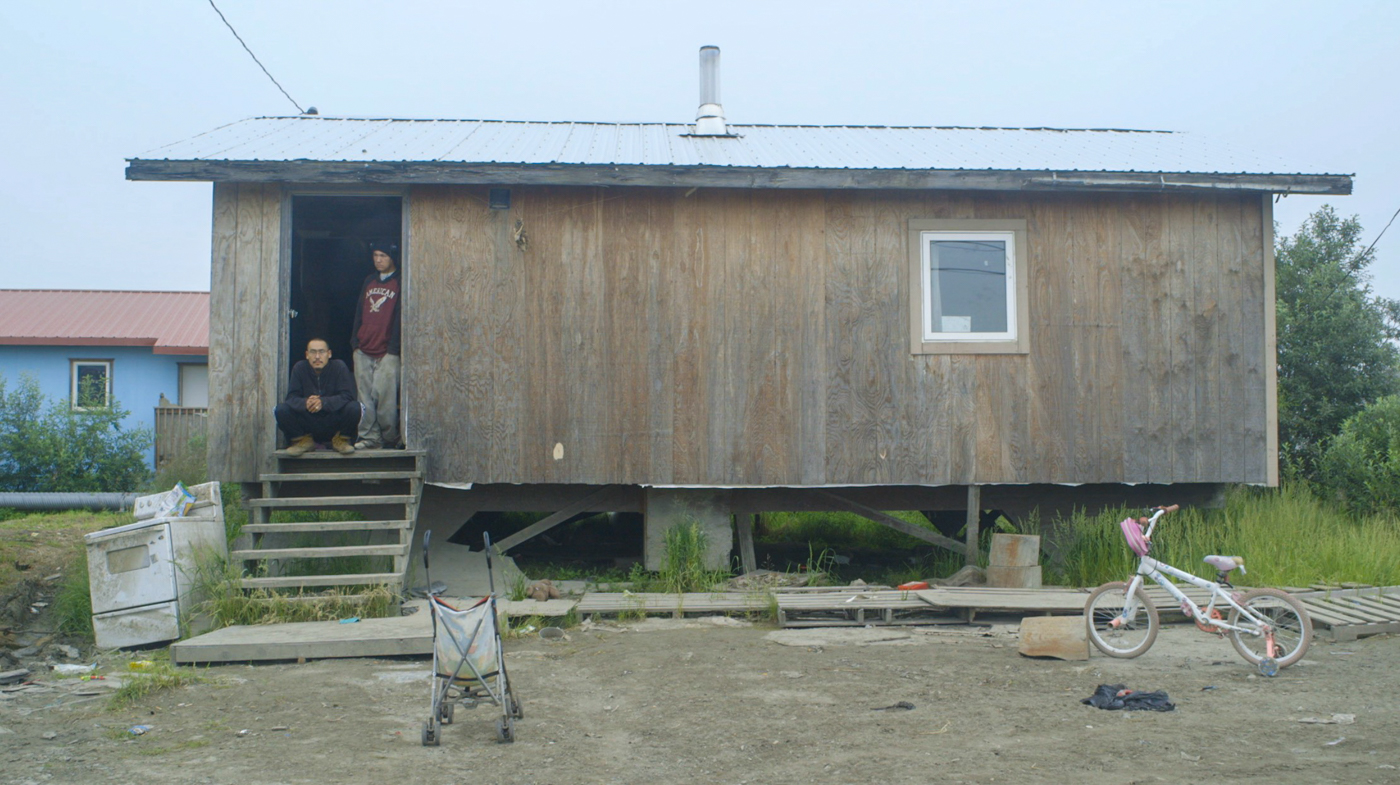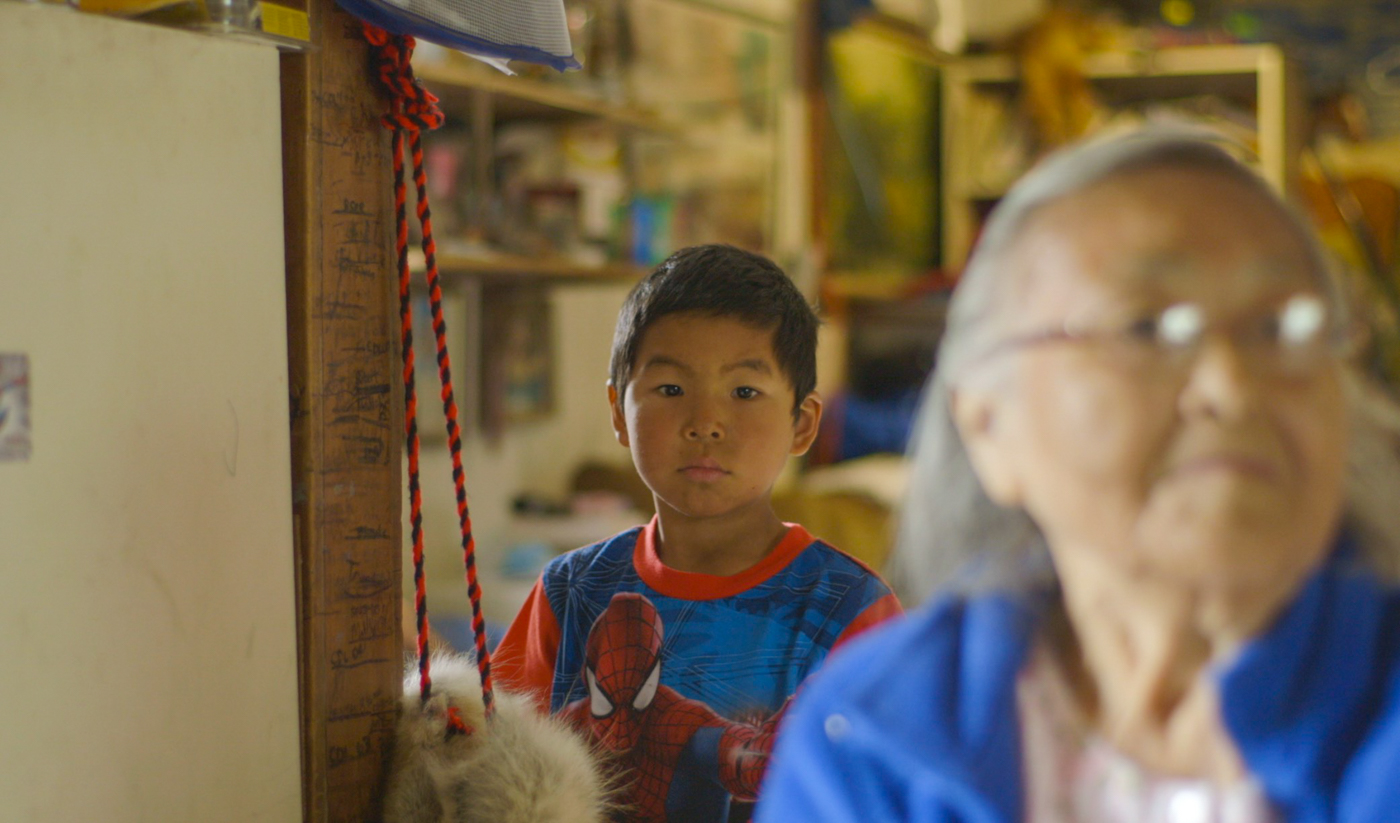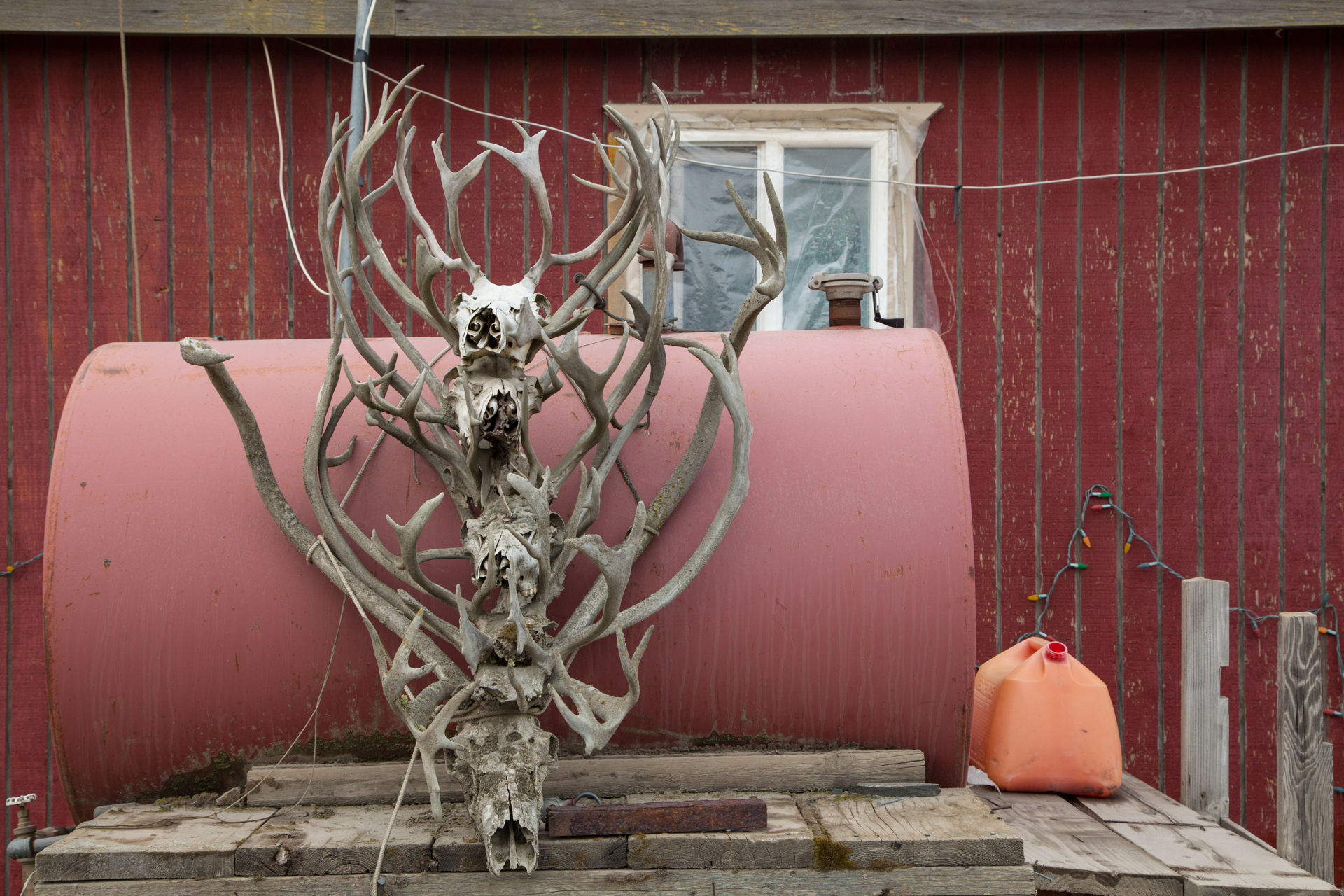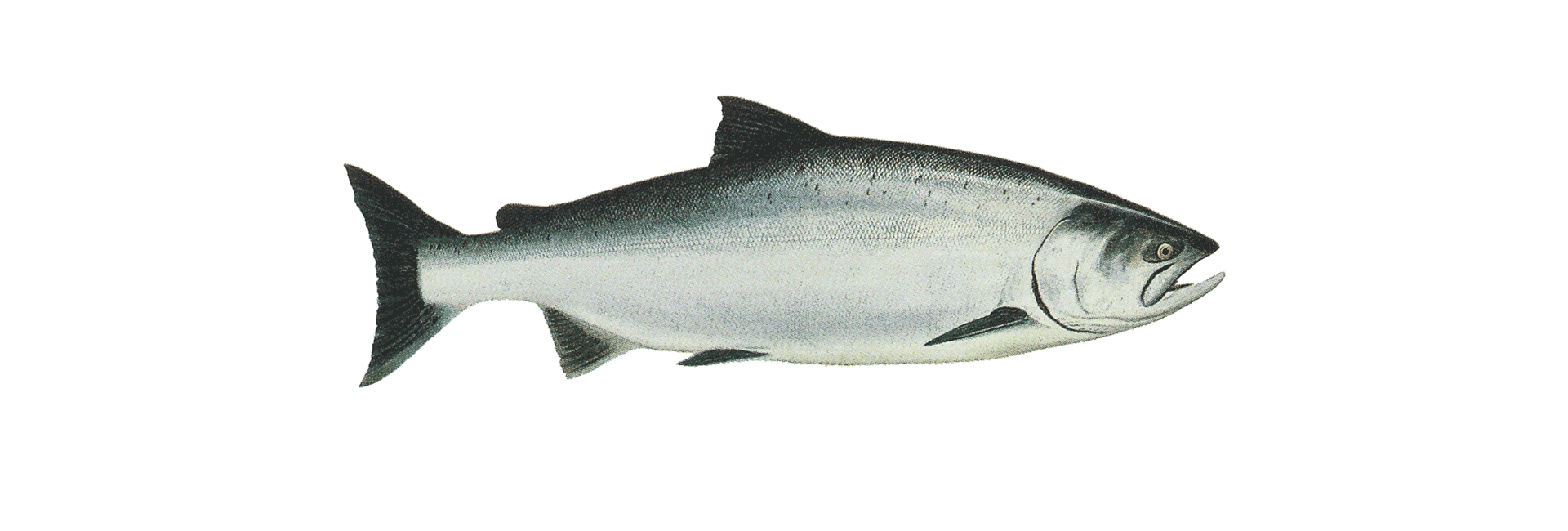Note: If you are looking for the unrelated book that came out several years after we started our project,
but curiously wound up with the same name: click here.
Update: December 2021:
With the launch of HEARD Studio, a podcasting venture launched this year, we are poised to revive our storytelling about the communities of the Lower Yukon River. We are still on the ground in Emmonak, and the crisis of their collapsing fishery is every present. We’re hoping for a miracle, some sort of revival of the Chum runs, and maybe someday, the Kings. But for the time being, we’re listening and watching and will bringing this vital story to you in a variety of ways:
Check out pilot iteration of the KOTY Podcast:
A glimpse of our documentary work to date:
Why are we doing this?
While other species of salmon thrive, the Alaskan King salmon has been in decline. Because it is the largest and most fuel-rich species on the planet, removing it from the food chain and economic equation is having a devastating impact among Native Alaskans and throughout the state. At the center of the crisis is the Yup'ik People, whose way of life has centered on King salmon for millennia.
Now, in 2021, soon to be 2022, we have seen two devastating years for the chum fishery in the Yukon as well.
Not only has the decline caused an economic and social crises, their culture is shifting in ways that may be irreversible. Many suspect this is a canary-in-the-coal mine issue as the evidence of climate change is rippling across the Arctic and Alaska. The film will be balanced in four parts defined by the seasons that reflect their subsistence lifestyle.
As we're embedded in the community, we're also working with the community and fishery on a number of social enterprises geared toward economic development. Drop us a line to learn more or to take part on a project level.
